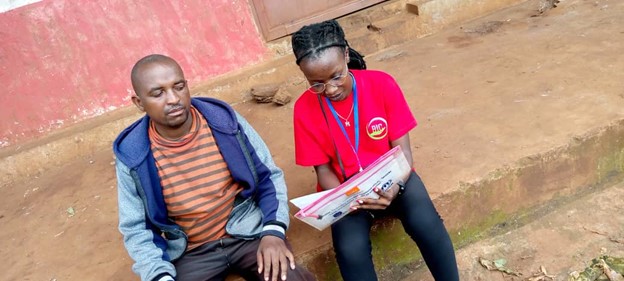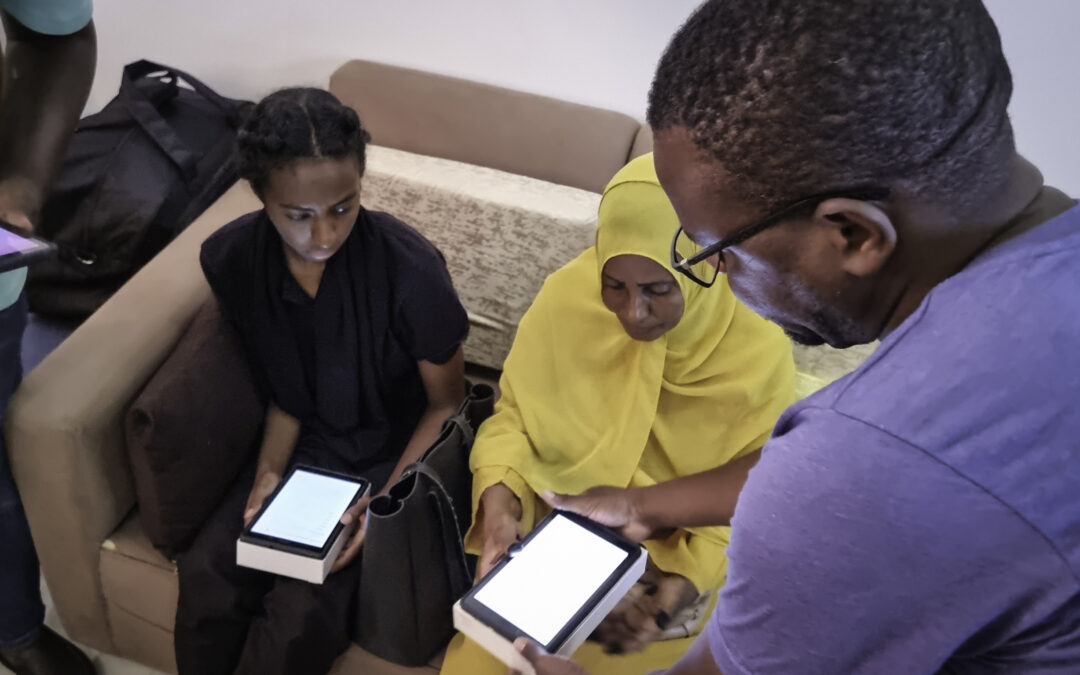
Aug 30, 2024
In today’s interconnected world, the ability to prove one’s identity isn’t just a legal formality—it’s a fundamental human right that unlocks access to a wide range of services and opportunities. For many, having a birth certificate or an ID card is something easily taken for granted. But for migrants, refugees, and stateless people, legal recognition is crucial for securing rights and accessing essential services. This is where Civil Registration and Vital Statistics (CRVS) systems play a pivotal role, ensuring that every person is recognized under the law, regardless of their circumstances.

Jul 10, 2024
What makes for effective public-private partnerships when it comes to advancing financial inclusion? Having common goals, trust, and knowing the strengths and limitations of partners.

Jun 18, 2024
In 2017, the United Nations Statistical Commission adopted an indicator framework of 231 unique indicators to monitor the progress towards the Sustainable Development Goals (SDGs). Similarly the World Bank tracks 1,400 indicators on development and UNICEF over 680 on women and children. But what about the visibility of refugees, stateless, and other people affected by forced displacement?

Jun 7, 2024
Forcibly displaced persons, including refugees and internally displaced people (IDPs), as well as stateless persons are frequently underrepresented or invisible in national data. However, realiable and nationally owned data is vital to guide effective national policies and decisions that foster the inclusion of forcibly displaced and stateless persons around the world. Statistical inclusion of forcibly displaced and stateless persons refers to the process of systematically including these groups in national data production systems such as population and housing censuses, administrative registers or nationwide household surveys.

Mar 5, 2024
The East African country of Burundi currently hosts 300,000 forcibly displaced and stateless people. This includes 85,000 refugees and asylum-seekers, 25,000 internally displaced persons, 800 people at risk of statelessness. At the same time, UNHCR repatriated over 185,000 Burundian refugee returnees since September 2017. The UN Refugee Agency’s involvement in the country focuses particularly on providing assistance and protection for these populations as well as promoting their inclusion in national systems, enhancing their self-sufficiency, and supporting durable solutions, such as integration or resettlement.
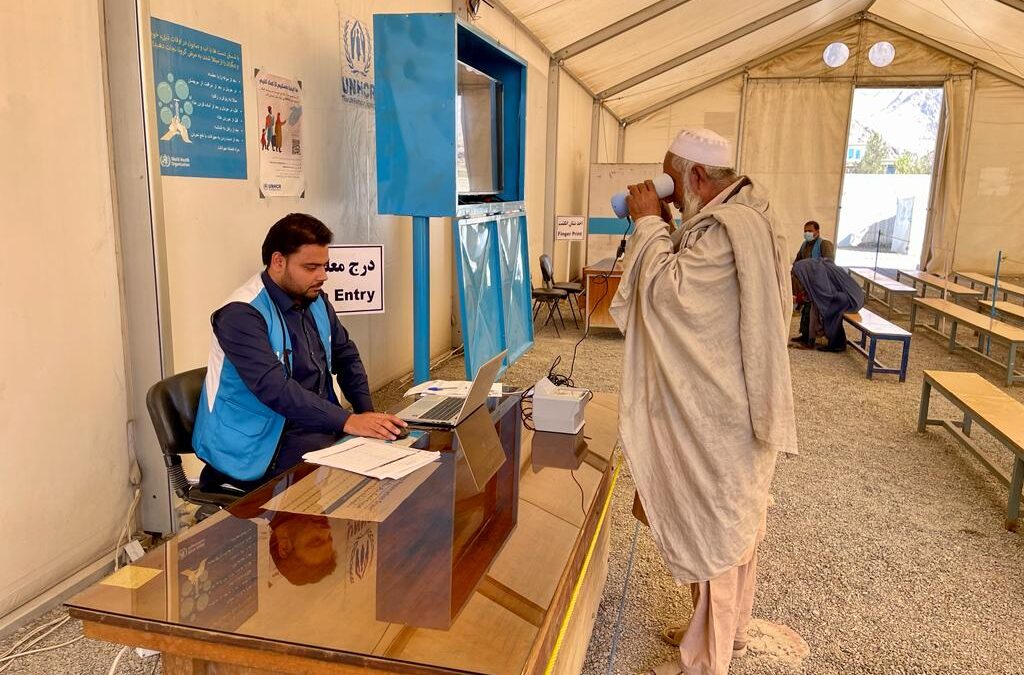
Feb 19, 2024
Forced displacement in Afghanistan is a multi-faceted situation within the country’s 40 years of protracted conflict. Furthermore, thousands of people are impacted by natural disasters, including earthquakes. This complex situation has led to an increased number of people becoming displaced both within the country and into neighboring countries. At end of November 2023, there are 7.7 million Afghans in Iran and Pakistan, including registered Afghan refugees and Afghans in refugee-like situations . At the same time, and despite the difficult situation, people still repatriate to their country of origin.
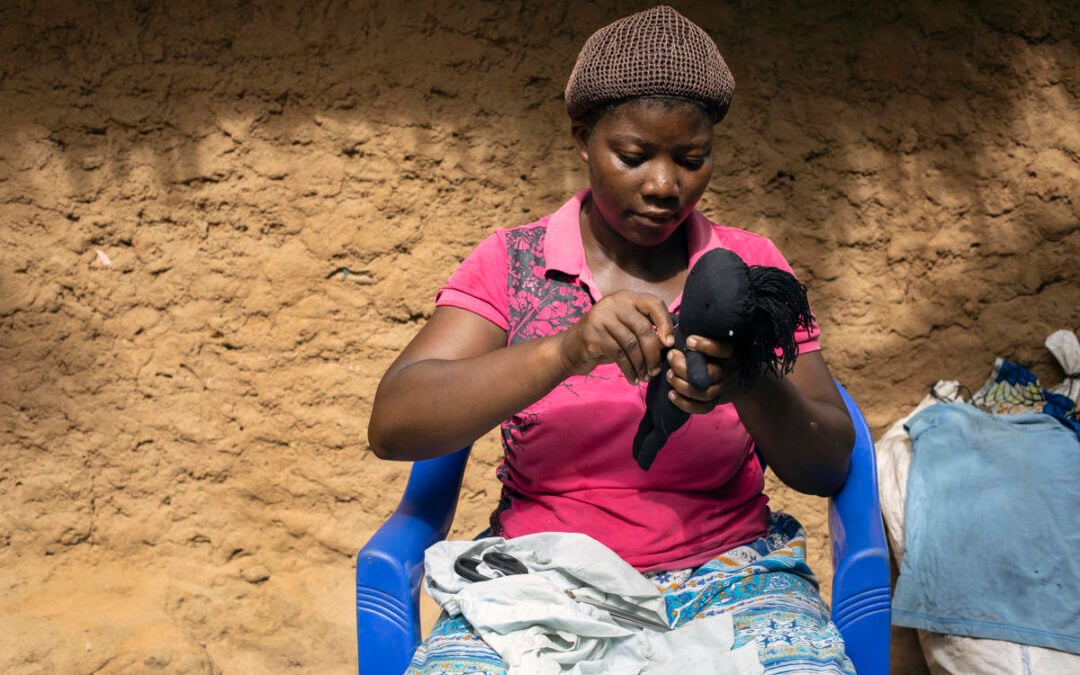
Dec 15, 2023
An impact evaluation shows significant socioeconomic benefits among refugees and hosts who participated in a graduation programme in Mozambique.
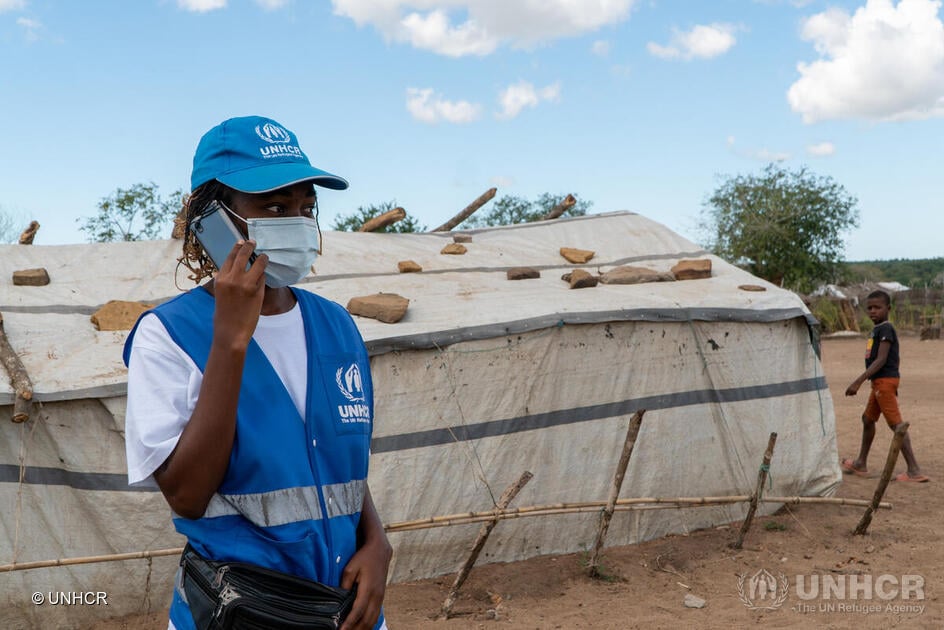
Jun 28, 2023
Sampling hard-to-reach populations has been a challenge for surveys for a long time. In the context of forced displacement, out-of-camp refugees, and internally displaced persons (IDPs) are particularly difficult to include in a sampling frame due to higher mobility compared to populations who reside in camps. UNHCR used Computer-Assisted Telephone Interview (CATI)-Assisted Telephone Interviews to collect household-level data of refugees and asylum-seekers.





